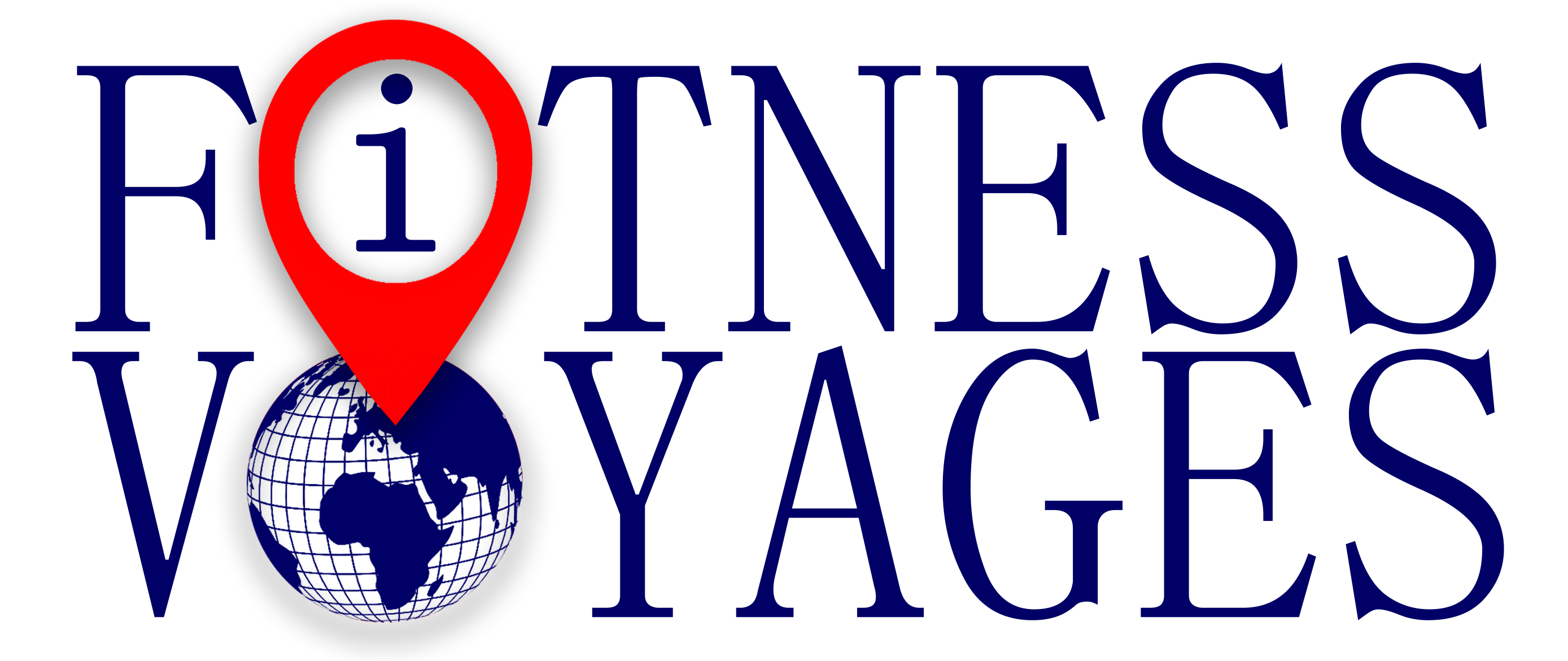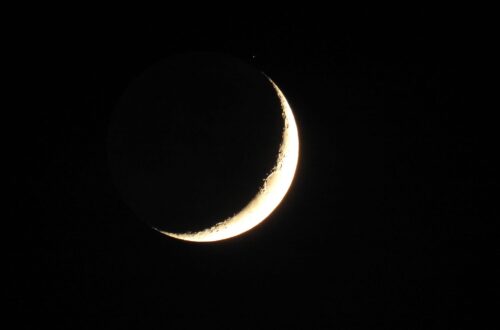How to Accept Change & Live In The Moment
There’s a moment, quiet but powerful, when you stop running.
You stop clinging to what was, and you stop fearing what’s next.
You simply breathe, and realize, everything is always changing.
This moment may come after loss, a transition, or simply in a sudden flash of insight. However it arrives, it holds a universal truth: Once you realize how transient everything is, then you truly begin to live.
The Beauty in Impermanence
Modern culture often teaches us to grip tightly to success, youth, relationships, even pain. We’re conditioned to believe that permanence equals safety. But clinging only causes suffering. Real freedom begins when we loosen our grip and meet life on its own terms.
In the book The Untethered Soul, Michael A. Singer writes:
“If you truly love life, don’t waste time; for time is what life is made of.”
The more we resist life’s natural rhythm, the more disconnected we feel. Thoughts swirl, fear rises, and we try to control the uncontrollable. But the truth is, we’re not meant to control life, we’re meant to experience it.
Likewise, in his book Way of the Peaceful Warrior, Dan Millman’s mentor, Socrates, teaches:
“There are no ordinary moments.”
That insight lands with quiet force. When we embrace impermanence, every moment becomes sacred. Every sunrise, every goodbye, every small act of kindness becomes an invitation to live more fully. Life is here and now, when the moment is gone… it’s gone, so feel that urgency to fully experience each moment with gratitude because it’s the only chance you get. That moment will not happen again. Ever.
Transience as a Spiritual Practice
Letting go doesn’t mean giving up. It means waking up.
It means:
- Loving without clinging.
- Feeling without becoming consumed.
- Showing up with presence instead of perfection.
Consider the seasons. Nature doesn’t resist change, it becomes change. Trees shed leaves. Rivers shift course. Animals adapt. Yet somehow, we humans resist the very force that sustains all life.
But here’s the good news: you can learn to live in flow with life. It’s a practice. A mindset. A daily decision to meet the moment with open arms and an unburdened heart.
5 Gentle Practices for Living in the Present
The lessons from Singer and Millman are more than philosophy, they’re tools that everyone can use. Here’s how you can begin applying them in your life today:
1. Observe the Inner Voice
Your thoughts are not you. They’re just mental weather – temporary and passing.
Try this:
Throughout the day, pause and notice your inner dialogue. Ask yourself, “Who’s listening to this?” That moment of awareness creates space between you and the noise.
2. Honor Change as a Teacher
Life’s transitions, no matter how uncomfortable, are offering you growth.
Try this:
When facing uncertainty, ask, “What is life teaching me through this?” Instead of resisting, you’re receiving.
3. Practice Presence with Your Senses
Being fully present brings calm and clarity. Be mindful of all that surrounds you.
Try this:
For one minute, close your eyes and feel your breath. Notice the texture of air on your skin, the sounds around you, your body’s weight. That’s the doorway to now.
4. Soften Your Grip on Control
Control is an illusion. But presence is power.
Try this:
Next time you feel anxious, identify what you’re trying to control. Take a breath and say, “I release this.” Then return your attention to the moment.
5. Live As If Nothing Is Ordinary
When you understand that everything is fleeting, everything becomes precious.
Try this:
Watch the sunset without your phone. Savor your coffee slowly. Look someone in the eye when you say goodbye. This is your life. It’s not coming back in this exact form.
Why Living Fully Starts with Letting Go
We often postpone joy until the perfect moment, after the project is done, the weight is lost, the money is saved. But tomorrow is never promised. Now is the only guarantee you have.
The more you welcome impermanence, the more peace you invite in. The more peace you feel, the more deeply you live. And in that still, surrendered space, you’ll realize:
You don’t need to fix your life. You just need to be present for it.
Detachment
This famous verse from the Baghavat Gita beautifully distills the essence of Krishna’s teachings to Arjuna that true freedom comes not from renouncing the world, but from not clinging to it. You can still live big, love deeply, and show up fully… without being defined or controlled by the outcome.
“You have the right to perform your prescribed duties, but you are not entitled to the fruits of your actions. Never consider yourself the cause of the results of your activities, nor be attached to inaction.”
(Bhagavad Gita 2.47)
Detachment is often perceived as distancing oneself from everything, but in truth, the highest form of detachment is found in being one with everything, without allowing it to consume or control you.
In the yogic worldview, detachment (vairagya) is not about renouncing the world or abandoning relationships and possessions. It’s about releasing our clinging – the emotional dependence we place on outcomes, people, or material things to define us or give us stability.
From the mat to real life, yoga teaches us to stay present, act mindfully, and let go of our attachment to results. Whether in Warrior II or navigating a job loss, we’re invited to meet the moment fully, then release it, just like the breath. It’s the same philosophy Krishna offers to Arjuna when he’s paralyzed by fear and confusion: Do your dharma (duty), but don’t grasp for control over what cannot be controlled.

Don’t Wait to Wake Up
We live in a world of shifting roles, endings, beginnings, and uncertainties. When we attach our identity to what’s fleeting – titles, relationships, appearances – we suffer when those things change or fade. But when we practice detachment, we remain grounded in who we are beyond the temporary.
Whether you’re at a crossroads, recovering from loss, change, or simply longing for a deeper way of being – this is your reminder: life is happening now.
There is nothing to hold onto. And in that emptiness, there is everything.
So breathe. Let go. Begin again.
Your real life, your most vivid, present, and peaceful life is waiting.





